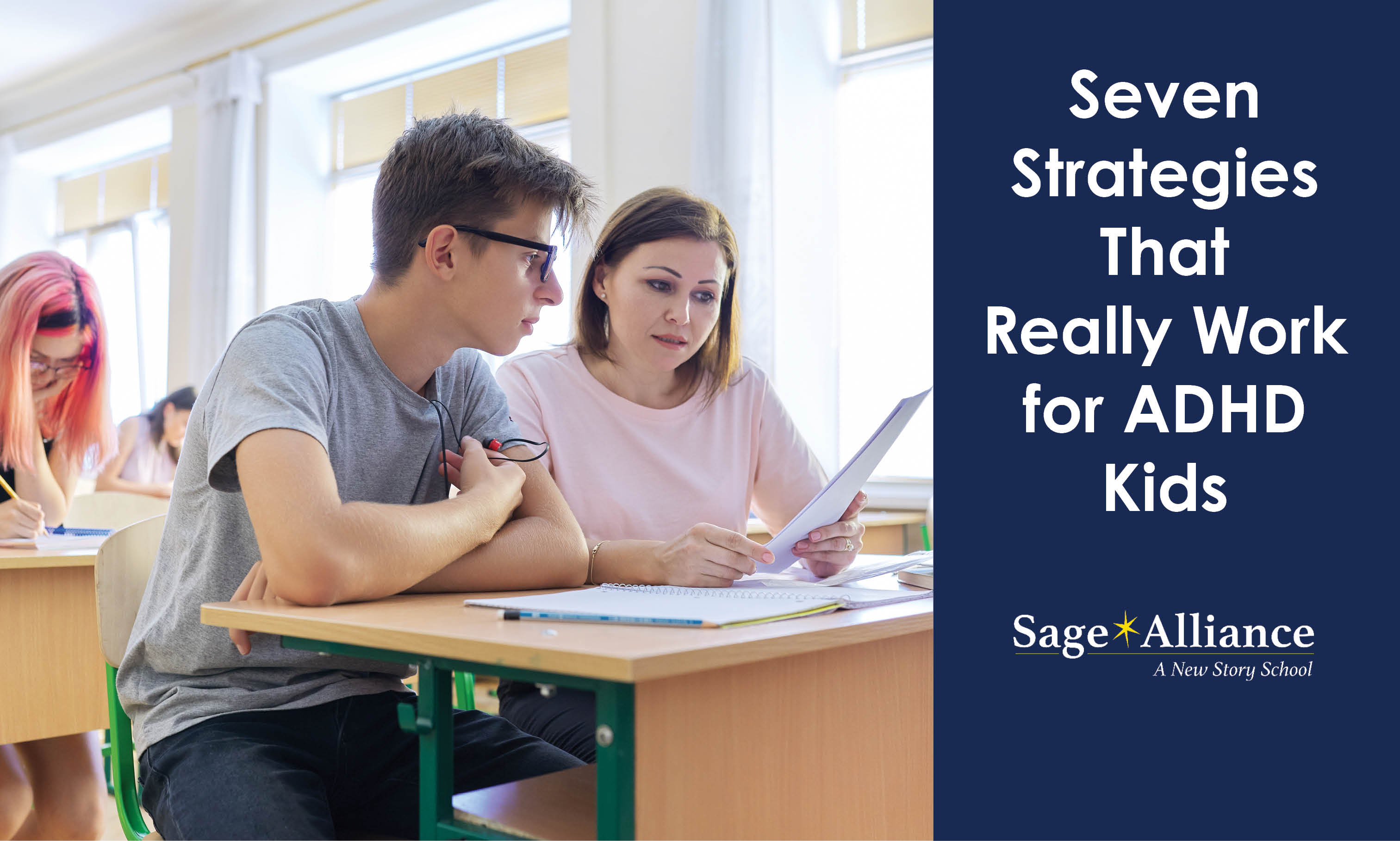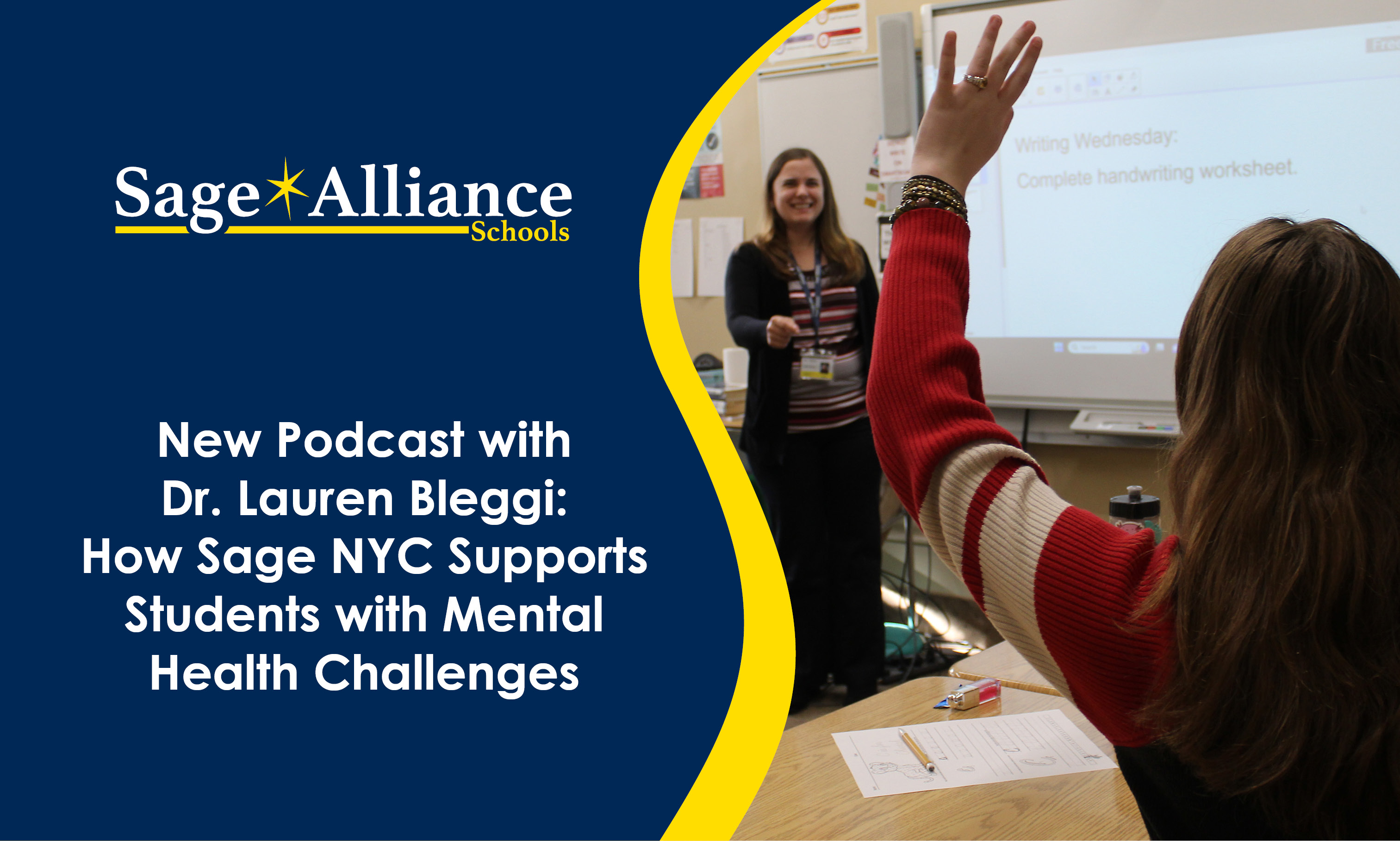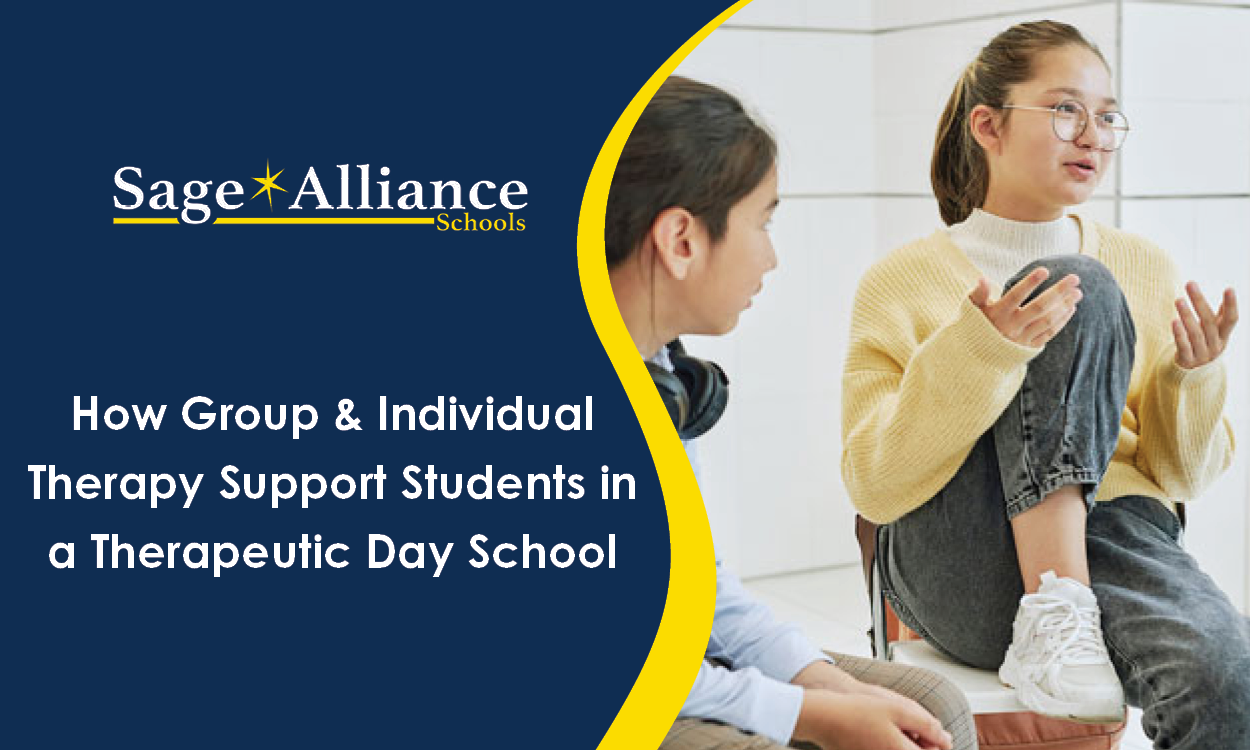Seven Strategies That Really Work for ADHD Kids
Posted: May 05, 2016 | Written By: Holly Ference | Category: ADHD

The teenage years are tough for parents and children alike. Add ADHD to the mix, and an already challenging period of growth and transition becomes even tougher. It’s easy for parents to get frustrated with teens who have ADHD, but it’s important to remember that the behaviors exhibited by these teens aren’t willful – most want to stay out of trouble in school and please their parents; they just need help doing it.
What Is ADHD?
ADHD is a common disorder affecting about a tenth of all children. Traditionally classified as a behavioral disorder, a growing number of researchers are considering ADHD as a cognitive executive functioning disorder. Males are more likely to be diagnosed with it than females – there are about three times as many boys diagnosed with ADHD than girls.
Teens with ADHD often act impulsively, have concentration problems, and are hyperactive. Sitting still, being quiet, focusing on details, and paying attention present big challenges for many of them. All children display these issues at times, but children with ADHD present these symptoms over an extended period of time. Troubles with ADHD can result in social and academic problems, such as falling victim to bullying or developing school avoidance disorder.
Parenting Strategies for ADHD
-
Be adaptable. Try a variety of strategies for dealing with unacceptable behavior. Be willing to jettison the ones that don’t work in favor of the ones that do.
-
Get on the same page with the other parent. Both parents should speak with a unified voice regarding behavior and discipline issues. Differing responses to unacceptable behavior send mixed messages to teens. This is particularly unhelpful with teens who have ADHD.
-
Choose your battles. Not every infraction has to be dealt with severely. Know which issues are major and which ones are minor, and enforce the rules accordingly.
-
Encourage good nutrition. A diet high in sugar can exacerbate issues related to ADHD. Get your child on a balanced diet, and you’ll see some changes in behavior.
-
Support executive function coaching. Some therapists treat ADHD from a cognitive standpoint, providing executive function coaching to help teens develop habits and strategies to cope with the disorder. Learning about your child’s therapy plan and reinforcing it at home can help.
-
Provide positive feedback. If you only comment on your child’s negative behavior, your child will disengage from you. Be sure to praise your child when he or she displays positive behavior.
-
Avoid ineffective strategies. Parents should stop doing the things that don’t work with teens with ADHD. Using inconsistent discipline is highly ineffective, as is failing to follow through with threatened consequences. Parents need to have a predictable, consistent discipline plan. Disengaging from an ADHD teen also does not work in helping them cope with their issues.
Parents who employ these strategies will soon begin to see a real turnaround in their teens’ behavior and an improvement in the parent-teen relationship. For parents who need additional help with ADHD teens’ academic issues, Sage Day is available to help.
Sage Day is a therapeutic school operating in New Jersey that offers specialized programs for students with a variety of issues, including ADHD. Accredited by the Middle States Association of Colleges and Schools Commissions on Elementary and Secondary Schools, Sage Day offers a rigorous academic program in an environment that also incorporates a comprehensive clinical program.
Want to be notified of new articles and resources from Sage Alliance? Click here to submit your email and opt into our newsletter.









